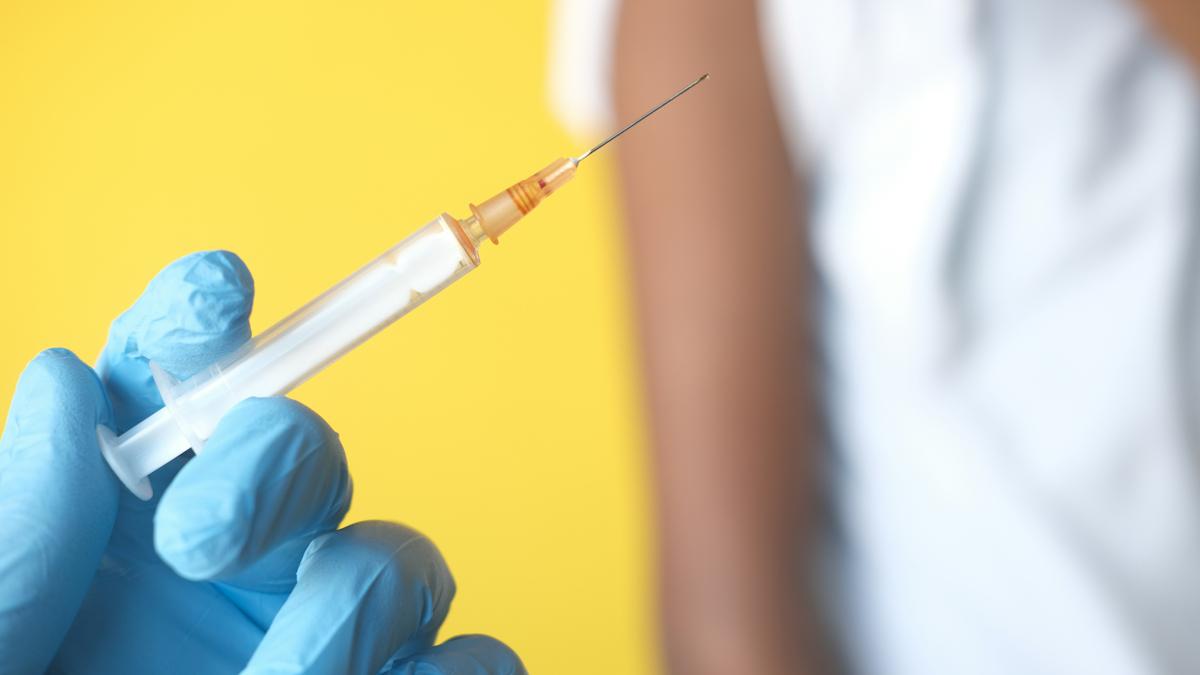Brazil begins dengue immunisation with Sanofi’s Dengvaxia

While the eyes of the world are on the record-breaking feats of athletes at the Olympics in Brazil, the country has begun a fight back against a public health scourge: the Dengue virus.
Ahead of the games, the greatest concerns had been about the Zika virus, which has emerged this year as a major new threat to public health.
However Dengue fever - carried by the same aedes aegypti mosquito - is a much bigger problem for the country. While there has been around 5,000 confirmed cases of Zika in Brazil, WHO figures show 1.39 million people have been infected with Dengue so far this year.
But while Zika produces mild flu-like symptoms in only 80% of victims, Dengue makes most people it infects seriously ill. Symptoms often include severe joint pain, vomiting, severe rashes, and a high fever.
The WHO says half of the world’s population is at risk of contracting dengue as the virus has spread across the globe from just a handful of countries a century ago. Around 500,000 people with the most severe cases require hospitalisation each year.
In Brazil, 419 people have died from the disease this year, and infants and children are at the greatest risk.
Thankfully, there is hope in the shape of Sanofi’s new Dengue vaccine, Dengvaxia. First approved in December, Brazil is launching its first immunisation programme in the southern state of Paraná.
Paraná State is home to 10 million people, and has seen a steep three-fold increase in both dengue incidence and deaths in recent years. In the last year, there have been 55,000 cases reported, costing the State an estimated R$ 330 million (91 million Euro) in related healthcare expenses.
The first ever public immunisation programme was launched in the Phillipines in April this year, where one million students from 6,000 public schools have begun to receive dengue vaccinations this year.
“For the public immunisation programme being launched today, we have used our extensive dengue surveillance data to ensure that we are targeting people at highest risk of disease. We will vaccinate all individuals 15-27 years of age in 28 municipalities and 9-44 years of age in the two municipalities with the top dengue burden in our State over the next three weeks,” said Michele Caputo Neto, Paraná Health Secretary.
One academic study suggested the programme could cut cases by 74% within 5 years, which would provide an enormous boost to the health and economy of the region.
Dr. Stephen J. Thomas, a physician-scientist at the Walter Reed Army Institute of Research in Silver Spring, Maryland who is an international dengue expert commented: “Dengue remains one of the world’s most important mosquito transmitted diseases causing significant human suffering and financial cost. The strategic deployment of a safe and effective dengue vaccine offers the best hope of reducing dengue’s burden, especially in highly endemic countries like Brazil.”
Dengue infects an estimated 400 million people every year in 128 countries where the disease is endemic, with most of these cases in Asia.
Sanofi forecasts that peak sales for the vaccine could exceed $1bn a year. It will need big middle-income countries like Brazil and Mexico to roll-out national vaccination programmes to reach this target.












